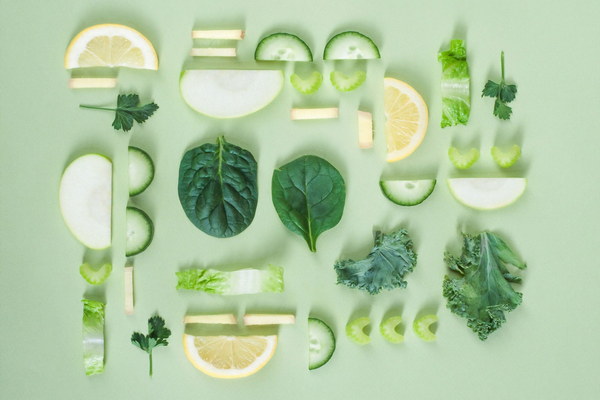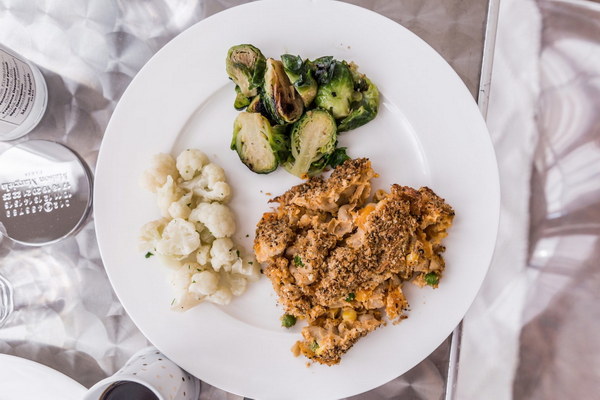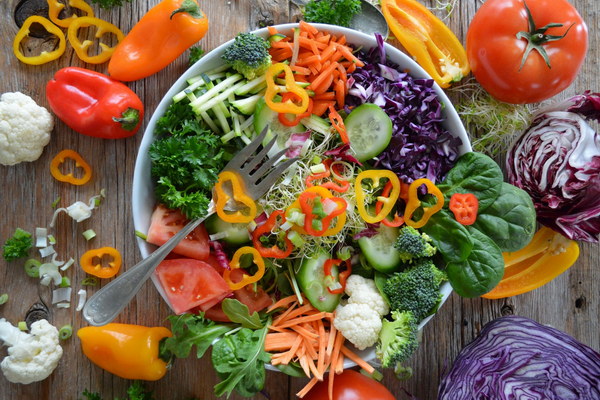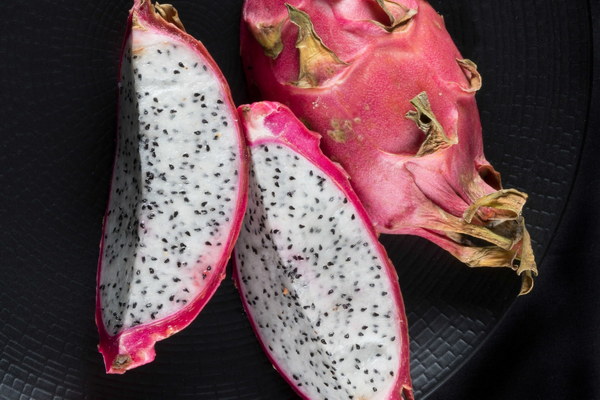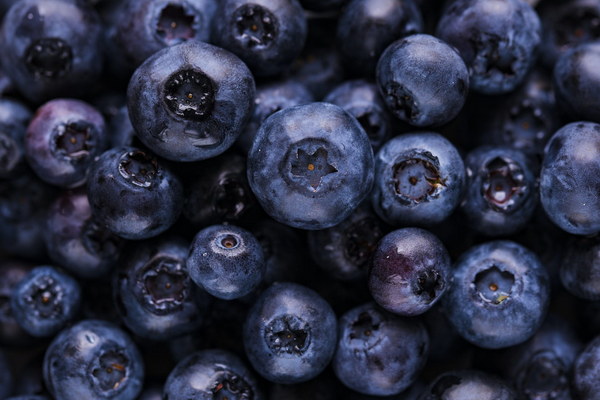Nurturing Your Body for Fertility A Comprehensive Guide to Preconception Dietary Supplements
Embarking on the journey towards parenthood is an exciting yet challenging endeavor. One of the most crucial steps in preparing for conception is ensuring that both partners are in optimal health. This article delves into the world of preconception dietary supplements, offering valuable insights into how you can nourish your body for fertility.
Understanding the Importance of Preconception Dietary Supplements
Preconception dietary supplements play a vital role in preparing your body for pregnancy. These supplements help to address nutritional deficiencies, support reproductive health, and enhance overall well-being. By incorporating the right nutrients into your diet, you can increase your chances of conceiving a healthy baby.
Key Nutrients for Preconception Health

1. Folic Acid: Folic acid is an essential nutrient that plays a crucial role in preventing neural tube defects in developing fetuses. It is recommended that women take a folic acid supplement of at least 400 mcg daily, starting three months before conception and throughout the first trimester of pregnancy.
2. Iron: Iron is vital for the production of red blood cells, which transport oxygen throughout the body. Deficiencies in iron can lead to anemia, a condition that can negatively impact fertility. Women should aim for at least 18 mg of iron per day during preconception.
3. Calcium: Calcium is essential for bone health, as well as for the development of the baby's skeleton. It is recommended that women consume at least 1,000 mg of calcium per day during preconception.
4. Vitamin D: Vitamin D is crucial for bone health, immune function, and fertility. It is recommended that women take a vitamin D supplement of at least 600-800 IU daily.
5. Omega-3 Fatty Acids: Omega-3 fatty acids, particularly DHA, have been shown to improve fertility and support fetal brain development. Women should aim for at least 250-300 mg of DHA per day during preconception.
6. Antioxidants: Antioxidants, such as vitamins C and E, help to protect cells from damage caused by oxidative stress. This can be particularly beneficial for women with reproductive health issues.
Incorporating Preconception Dietary Supplements into Your Diet
While supplements can provide essential nutrients, it is always best to obtain them from a balanced diet. Here are some tips for incorporating preconception dietary supplements into your daily routine:
- Folic Acid: Consume leafy green vegetables, fortified cereals, and legumes to increase your folic acid intake.
- Iron: Eat iron-rich foods such as lean meats, poultry, fish, beans, and fortified cereals. Pair these with vitamin C-rich foods to enhance iron absorption.
- Calcium: Incorporate dairy products, leafy green vegetables, and fortified foods into your diet.
- Vitamin D: Spend time in the sun, consume fatty fish, and consider a vitamin D supplement.
- Omega-3 Fatty Acids: Consume fatty fish, flaxseeds, chia seeds, and walnuts to increase your omega-3 intake.
- Antioxidants: Include fruits, vegetables, nuts, and seeds in your diet to obtain a variety of antioxidants.
Consulting with a Healthcare Professional
Before starting any preconception dietary supplement regimen, it is crucial to consult with a healthcare professional. They can provide personalized advice based on your individual health needs and ensure that you are taking the right supplements in the appropriate doses.
Conclusion
Preconception dietary supplements can play a significant role in preparing your body for pregnancy. By incorporating essential nutrients into your diet, you can enhance your fertility and support the health of both you and your baby. Remember to consult with a healthcare professional before starting any new supplement regimen, and focus on maintaining a balanced, nutritious diet to optimize your chances of conceiving a healthy baby.


